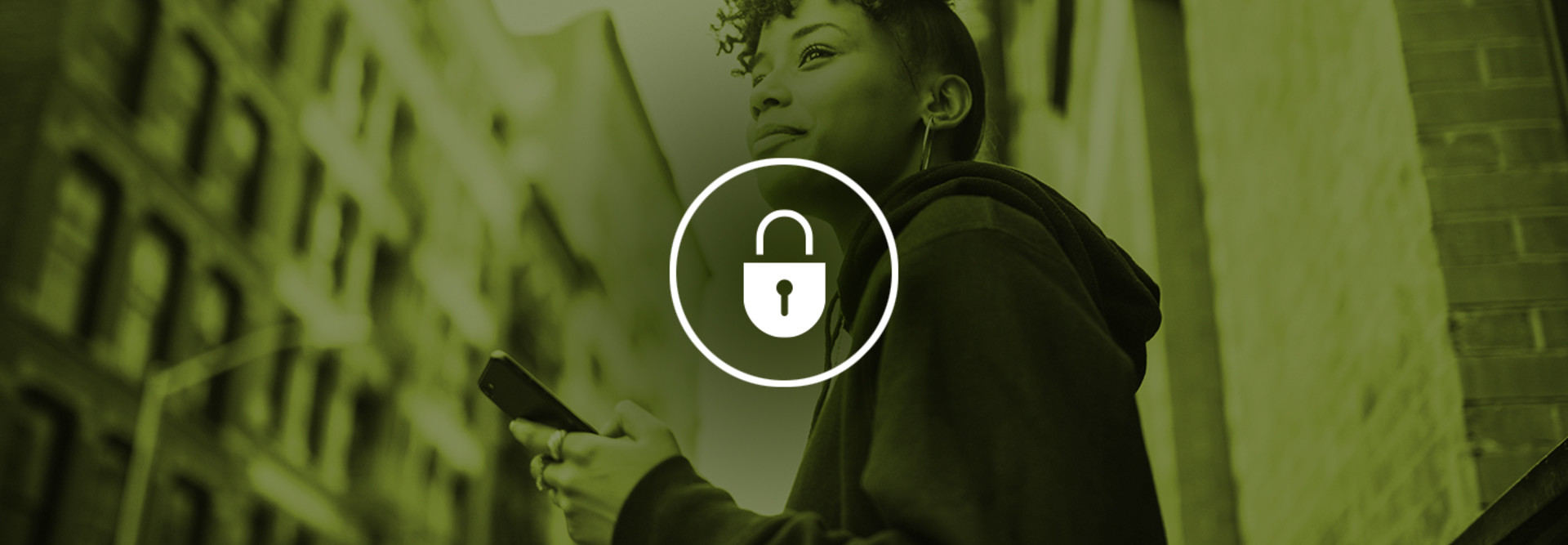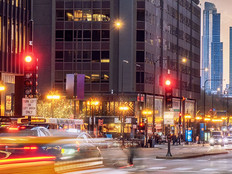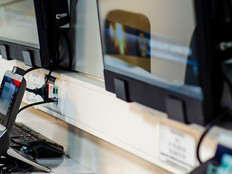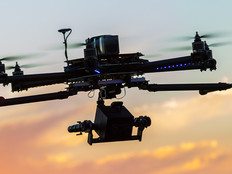San Francisco Bans Use of Facial Recognition Tech by City Agencies
San Francisco lawmakers on Tuesday voted to ban the use of facial recognition technology in the police force and other city agencies, making it the first city in the United States to outlaw the tool. The San Francisco Board of Supervisors voted 8 to 1 to approve the measure; it must be voted on a second time next week, but that is seen as a formality, according to The New York Times.
The measure was first raised in January. As Wired reports, “San Francisco’s ban covers government agencies, including the city police and county sheriff’s department, but doesn’t affect the technology that unlocks your iPhone or cameras installed by businesses or individuals.”
Additionally, as The Verge notes, the ordinance “would also require city agencies to get board approval for their use of surveillance technology, and set up audits of surveillance tech already in use. Other cities have approved similar transparency measures.”
While facial recognition tools have been used by law enforcement to help identify suspects, such as the man involved in the mass shooting at an Annapolis, Md., newspaper last June, civil liberties groups have said that the technology can be potentially be abused by government authorities and encourage mass surveillance. Research from the FBI has found that some demographic groups “are more susceptible to errors in the face matching process,” StateScoop notes. Microsoft has called for new laws to regulate the use of facial recognition technology.
Aaron Peskin, the city supervisor who sponsored the bill, told the Times that the ordinance sends a strong message from a city that is defined by its connection to the tech industry.
“I think part of San Francisco being the real and perceived headquarters for all things tech also comes with a responsibility for its local legislators,” Peskin said. “We have an outsize responsibility to regulate the excesses of technology precisely because they are headquartered here.”
However, critics of the ban said municipalities should focus on ways to regulate facial recognition while also acknowledging its public safety benefits. “It is ridiculous to deny the value of this technology in securing airports and border installations,” Jonathan Turley, a constitutional law expert at George Washington University, told the Times. “It is hard to deny that there is a public safety value to this technology.”









